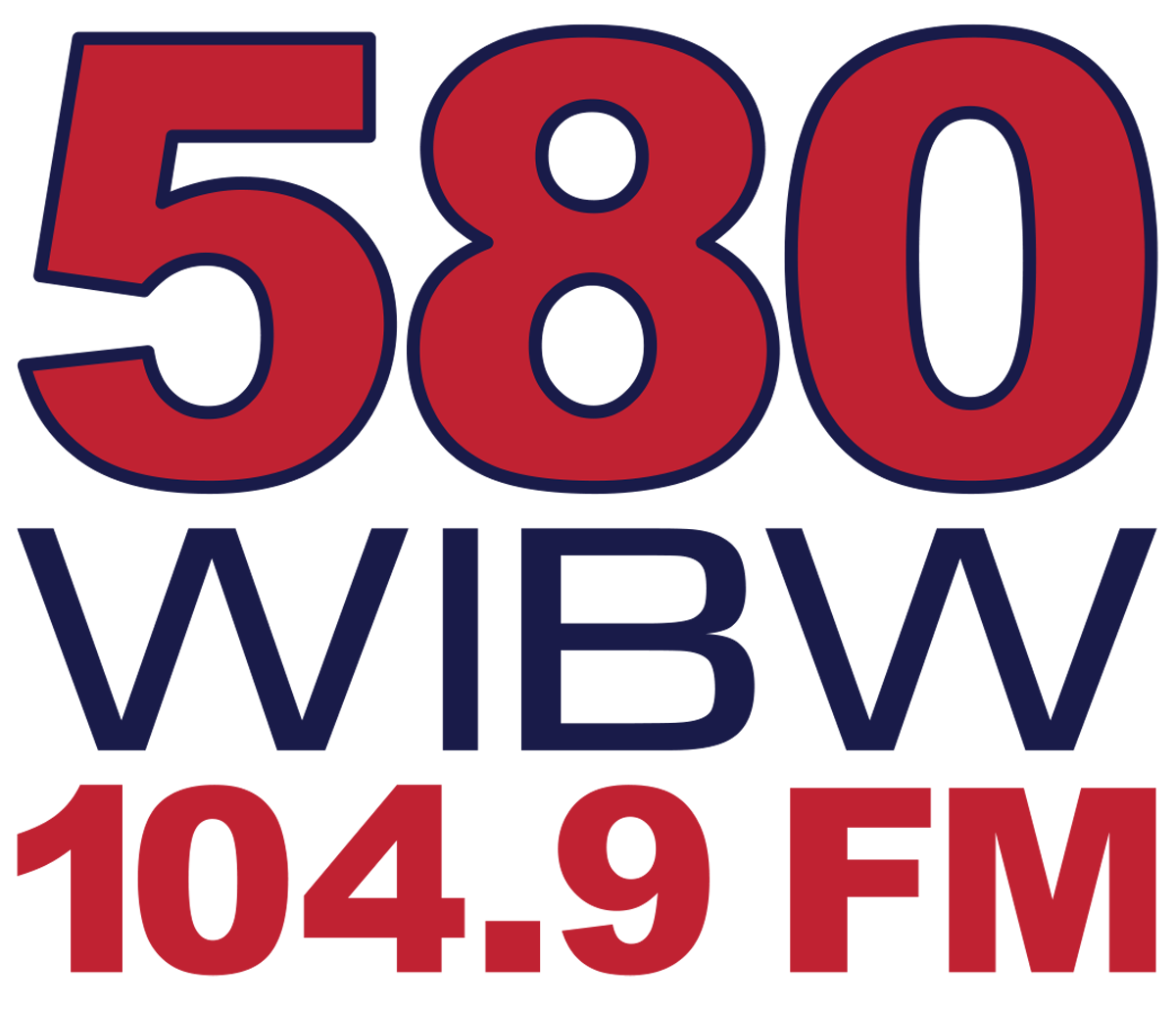Legislative Research expert testifies before Rural Revitalization committee on tax mix

Chris Courtwright of the Kansas Legislative Research Department testified before the Kansas House Rural Revitalization committee on Monday morning about the three-legged stool approach to taxation that seemed to work for awhile for the state in the past.
“There were three fairly co-equal legs to the stool there in the late 1990’s,” said Courtwright. “Policymakers in both political parties embraced this balanced approach for a number of years, and maintenance of a strong three-legged stool was often discussed in these halls as an important policy objective.”
The three-legged stool seemed fair at the time.
“There were also some equity considerations implicit in this broad-based approach to state and local taxes,” said Courtwright. “In relying on all three major tax sources, while you do have one that is considered regressive in the sales tax, there’s also a progressive one in the income tax and then one that’s sort of somewhere in the middle with the property tax.”
Courtwright told the committee that property taxes are the type people hate the most and he thinks he knows why.
“The sales tax, you don’t notice, unless you buy something really big, like a car,” said Courtwright. “You’re vaguely aware of it when you go to the grocery store buying your groceries. If you’re a wage earner, your income tax, it’s coming out of your paycheck every month and then you file and go reconcile your taxes at the end of the year. You know, you might have paid a boatload of income taxes, but it’s not as noticeable to you. On property tax, especially if you’re a retired, fixed income senior whose mortgage has been paid off, you know, since 1978, and your property taxes aren’t paid for you through escrow or anything anymore and you get that tax bill in the middle of November, first half of which is payable December 20, Merry Christmas, thank you very much, it’s noticeable.”
The committee didn’t reach any conclusions on the issue Monday, but good questions were asked about how to rebalance tax policy to allow the whole state to continue to pay its local government bills.


